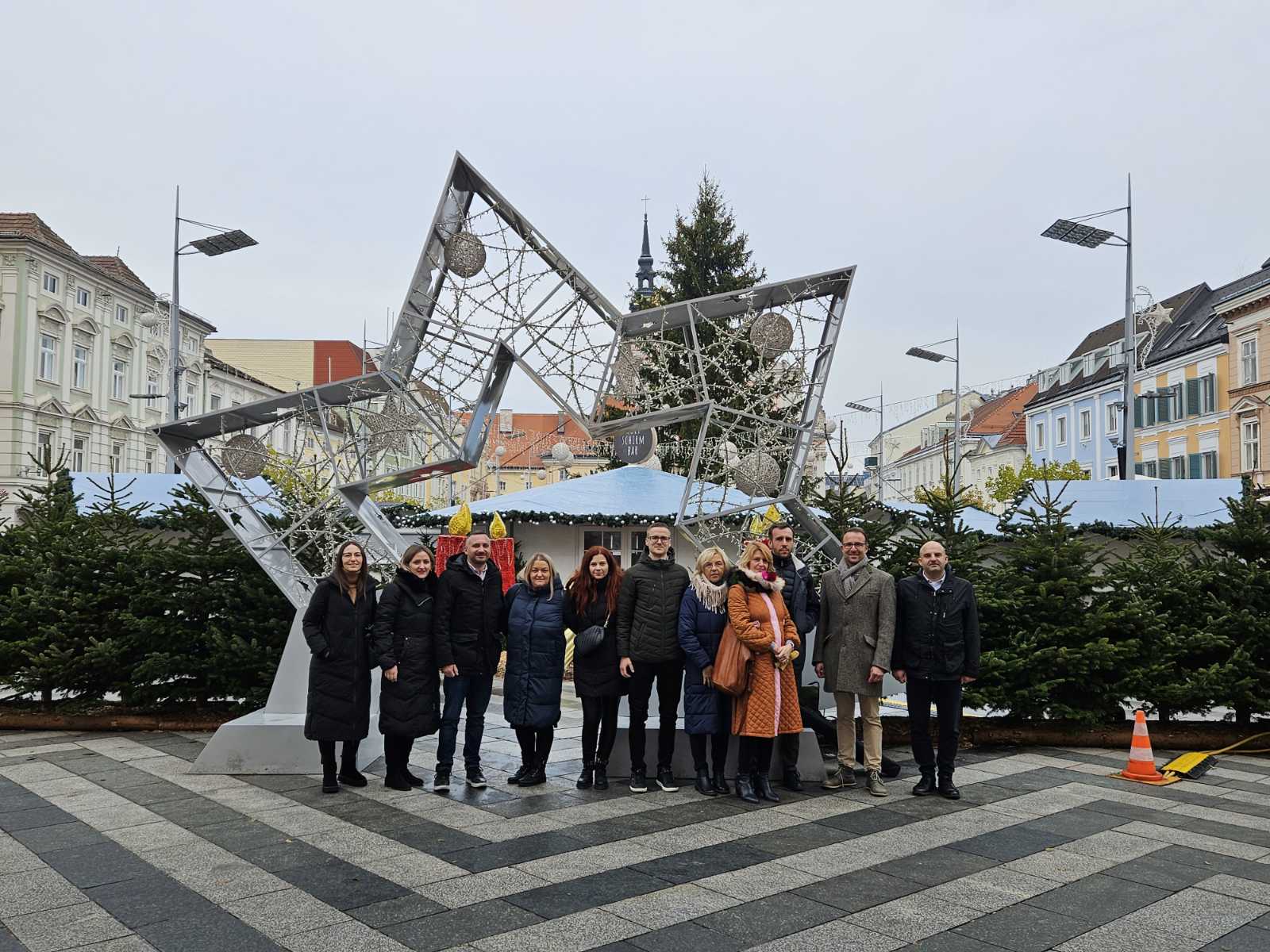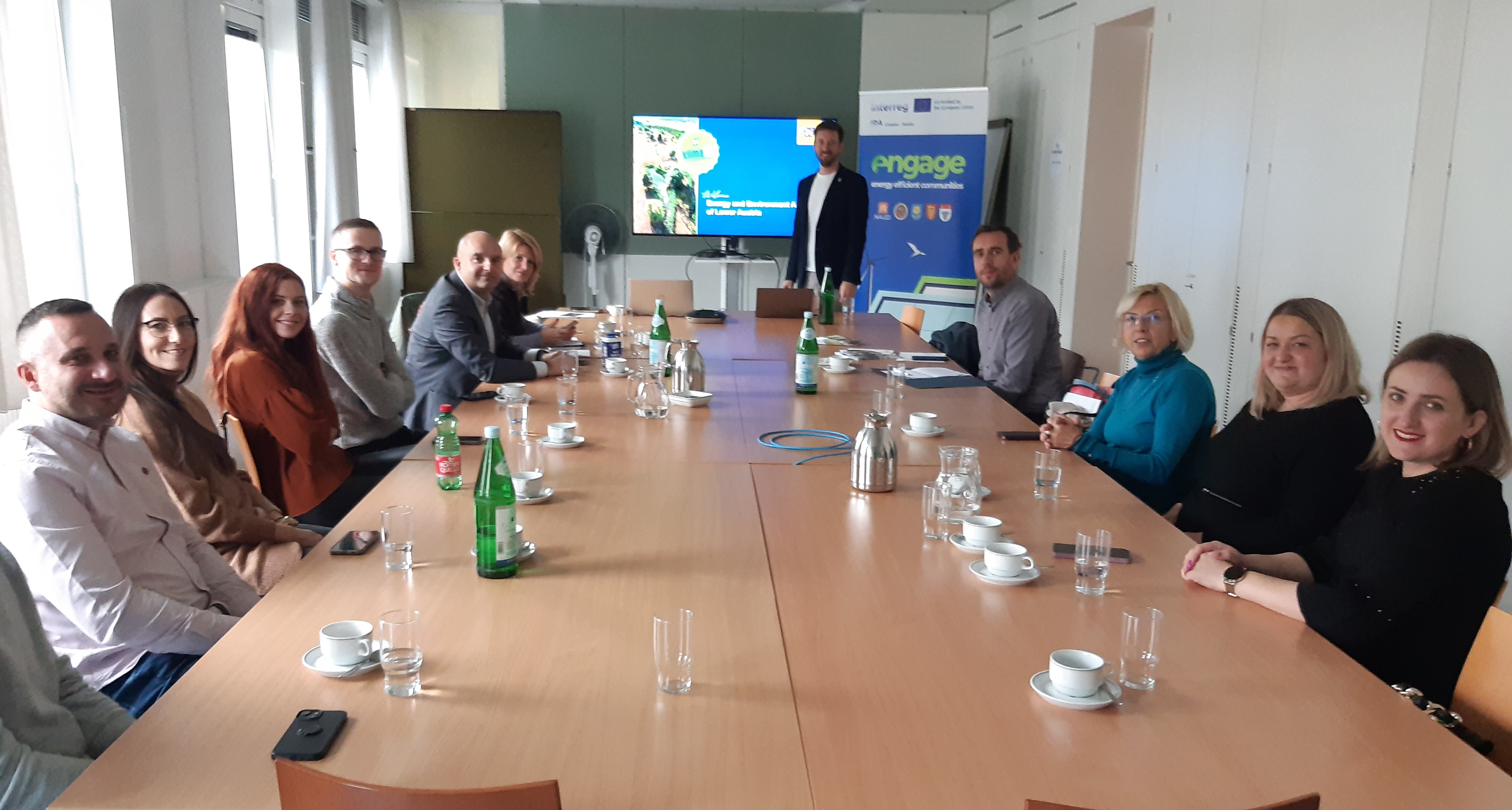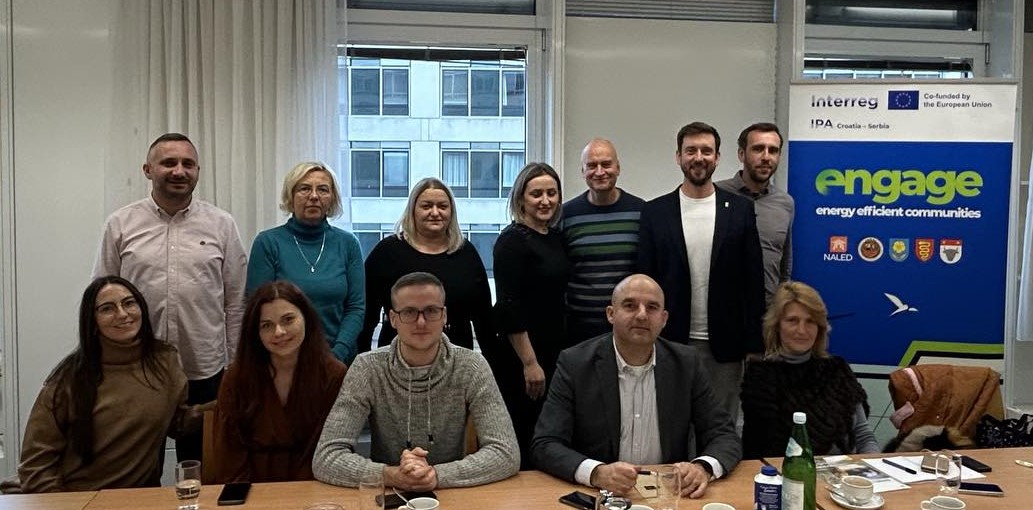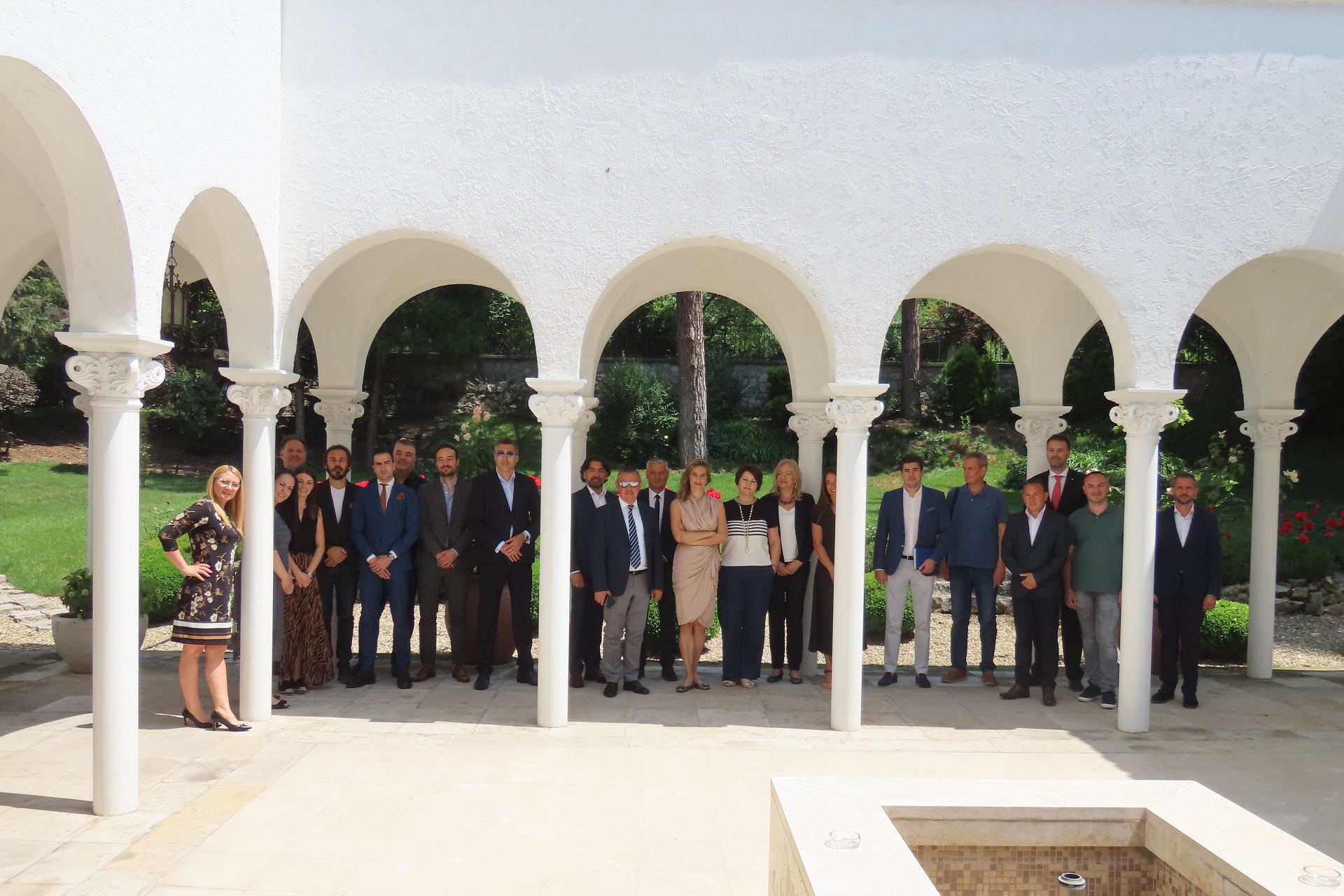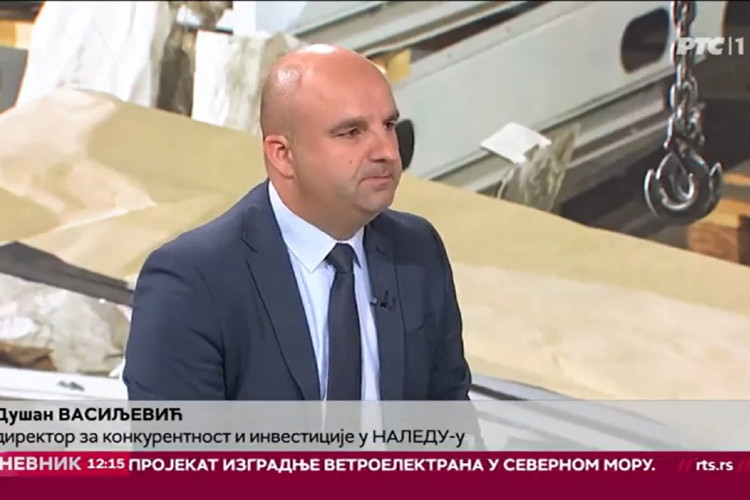Hosts of Austrian institutions related to energy and renewable energy sources emphasized to visitors that strong political support is key for successful energy communities.
Austrian citizens are protecting the environment and saving money by establishing energy communities
The cooperation of Austrian citizens in energy communities allows them to achieve both ecological and financial savings, making this practice attractive and contributing to the transition to renewable energy sources and the reduction of carbon dioxide emissions, concluded the study visit within the Engage - Energy Efficient Communities project.
Energy communities in Austria promote more sustainable electricity production and consumption, while their members achieve financial savings through collective investments in renewable energy sources and protection from electricity price fluctuations in the market.
Hosts from Austrian institutions related to energy and renewable energy sources emphasized to visitors that strong political support is crucial for successful energy communities, including through appropriate regulatory frameworks and subsidies.
The implementation of a continuous promotional campaign is also of key importance to raise public awareness about the advantages energy communities offer.
Among the institutions visited during the study tour were the Austrian Energy Agency, which promotes a climate-neutral future through the use of renewable energy sources, the Energy and Environment Agency of Lower Austria (ENU), as well as Wien Energie, the largest regional energy supplier in Austria.
In the capital of Lower Austria, St. Pölten, the delegation visited the company BENÖ, which manages more than 70 small and medium-sized biomass heating plants.
The cross-border cooperation project between Serbia and Croatia, Energy Efficient Communities, is funded by the European Union with approximately two million euros and is implemented by the City of Subotica and the Croatian municipalities of Vladislavci, Gorjani, and Strizivojna, with the support of NALED.
Through joint work and investments in renewable energy sources, the project will contribute to improving the quality of life in the cross-border area, ensuring long-term resilience to climate change.

